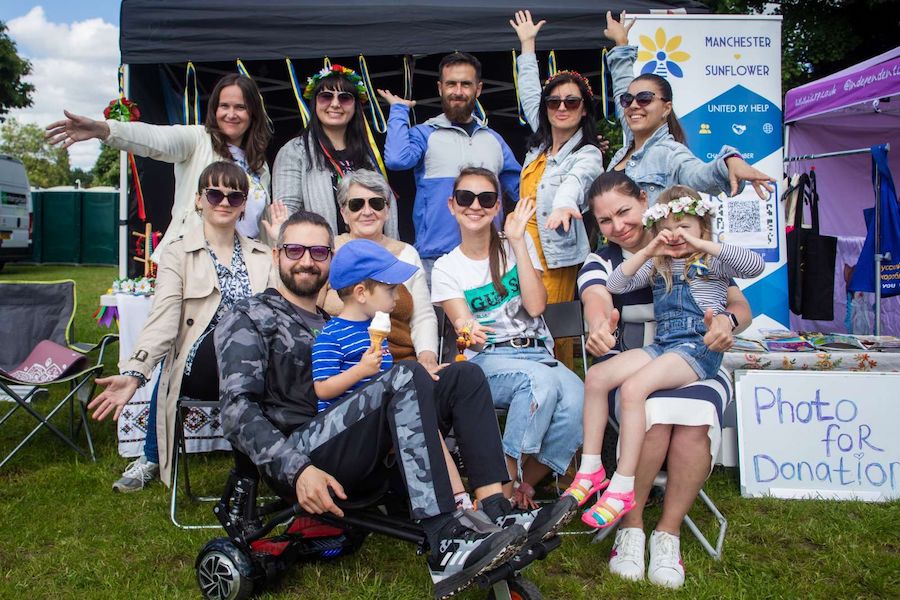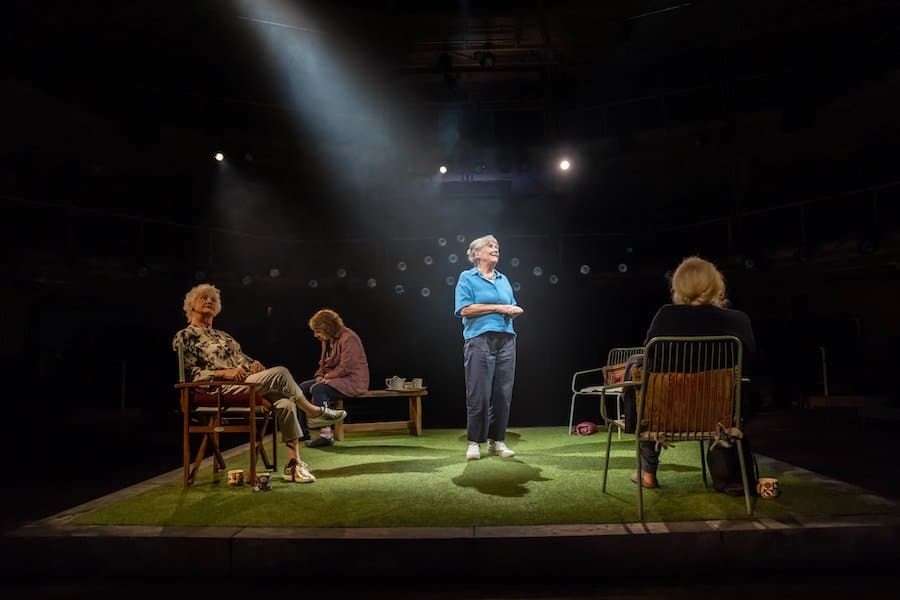Support website launched to help anyone affected by Manchester Arena terror attack
- Written by Emily Oldfield
- Last updated 7 years ago
- Charity, City of Manchester, Community, People, Videos
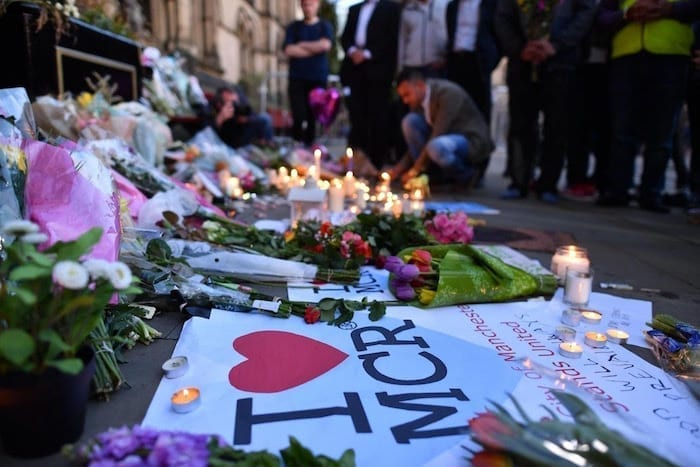
August 30th marked one hundred days since a suicide bomber attacked a pop concert headlined by Ariana Grande at the Manchester Arena, killing 22 people and seriously injuring 59. The concert arena was full of young people, and many of the victims were children or parents.
On Tuesday, ITV broadcast Manchester: 100 Days After the Attack, a documentary which tells the powerful and emotional stories of some of the people affected by the events of that night.
The film looks at how the victims, many of whom lost loved ones or were left badly injured, have coped over the since the attack.
It features interviews with police officers, paramedics and medical staff as well as those injured in the terror attack, showing the courage of those caught up in the events of that night.
People featured in the film include Martin Hibbert, who has been left paralysed after being struck by 22 separate pieces of shrapnel but is determined not to live his life as a victim, and police officer Cath Daley, who is reunited in the film with young Lily Harrison whose life she saved.
Fifteen year-old Adam Lawler was badly injured and lost his best friend Olivia Campell-Hardy in the attack and will now take her place and walk her mother down the aisle.
The film shows how the effects of the bomb are still being felt physically and emotionally by families and friends of the victims and others caught up in the event.
Now a website has been set up with information about the various forms of support available to anyone affected by the bombing.
Manchester Attack Support is available to anyone affected by the attack because, although the people of Manchester have showed their courage and resilience, knowing how to respond to such an event is difficult. There is no wrong or right way. It’s OK not to feel OK.
The new website brings together a range of services to provide help to people at every level, from those who were directly affected to those struggling with their feelings in the aftermath. Everyone matters.
The site serves to co-ordinate information and support services working alongside the emergency services, NHS, councils, charities, and voluntary organisations.
That means that if you or anyone you know is struggling, you don’t have to face the daunting prospect of scrolling search engines looking for advice. Manchester Attack Support brings available services together in an easily visible, accessible way.
Many of them are available at a local level as well as operating nationally – including British Red Cross, Disaster Action, Survivors Assistance Network and Victim Support.
In case you missed it, Manchester: 100 Days After the Attack is available to watch on-demand on the ITV Hub.
- This article was last updated 7 years ago.
- It was first published on 31 August 2017 and is subject to be updated from time to time. Please refresh or return to see the latest version.
Did we miss something? Let us know: [email protected]
Want to be the first to receive all the latest news stories, what’s on and events from the heart of Manchester? Sign up here.
Manchester is a successful city, but many people suffer. I Love Manchester helps raise awareness and funds to help improve the lives and prospects of people across Greater Manchester – and we can’t do it without your help. So please support us with what you can so we can continue to spread the love. Thank you in advance!
An email you’ll love. Subscribe to our newsletter to get the latest news stories delivered direct to your inbox.
Got a story worth sharing?
What’s the story? We are all ears when it comes to positive news and inspiring stories. You can send story ideas to [email protected]
While we can’t guarantee to publish everything, we will always consider any enquiry or idea that promotes:
- Independent new openings
- Human interest
- Not-for-profit organisations
- Community Interest Companies (CiCs) and projects
- Charities and charitable initiatives
- Affordability and offers saving people over 20%
For anything else, don’t hesitate to get in touch with us about advertorials (from £350+VAT) and advertising opportunities: [email protected]

Bollywood magic is coming to Manchester with Come Fall in Love at the Opera House
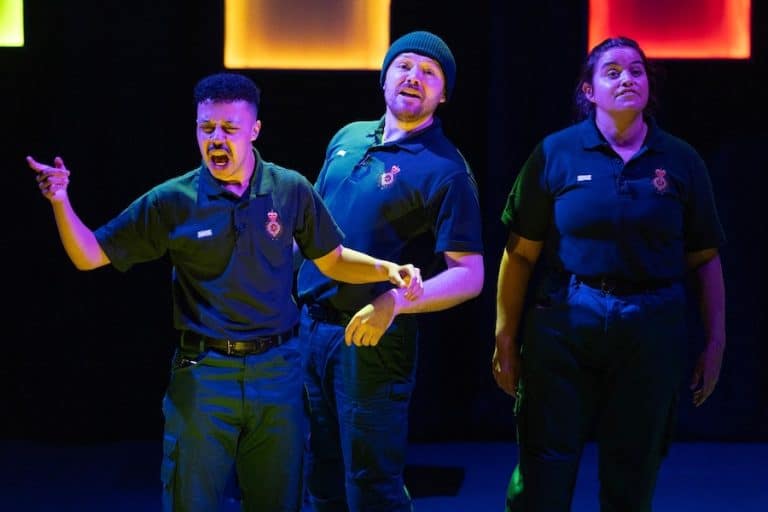
Review: One Punch at HOME is ‘a raw and unflinching look at violence and regret’

Review: Blithe Spirit at Hope Mill Theatre is ‘full of charm, chaos, and chuckles’
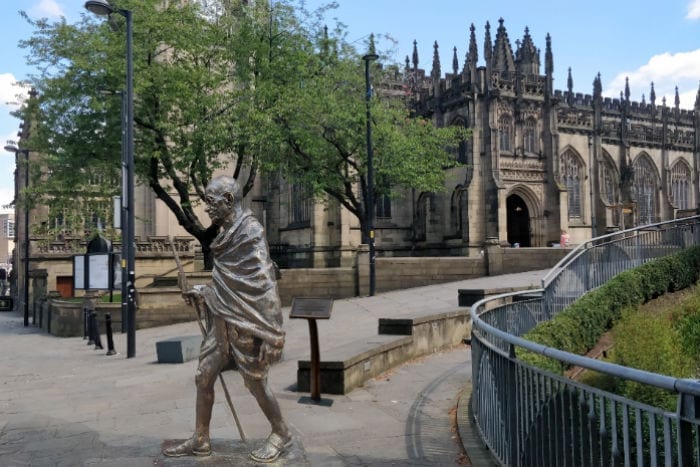
Greater Manchester’s most notable statues and sculptures – what they stand for and where to find them








